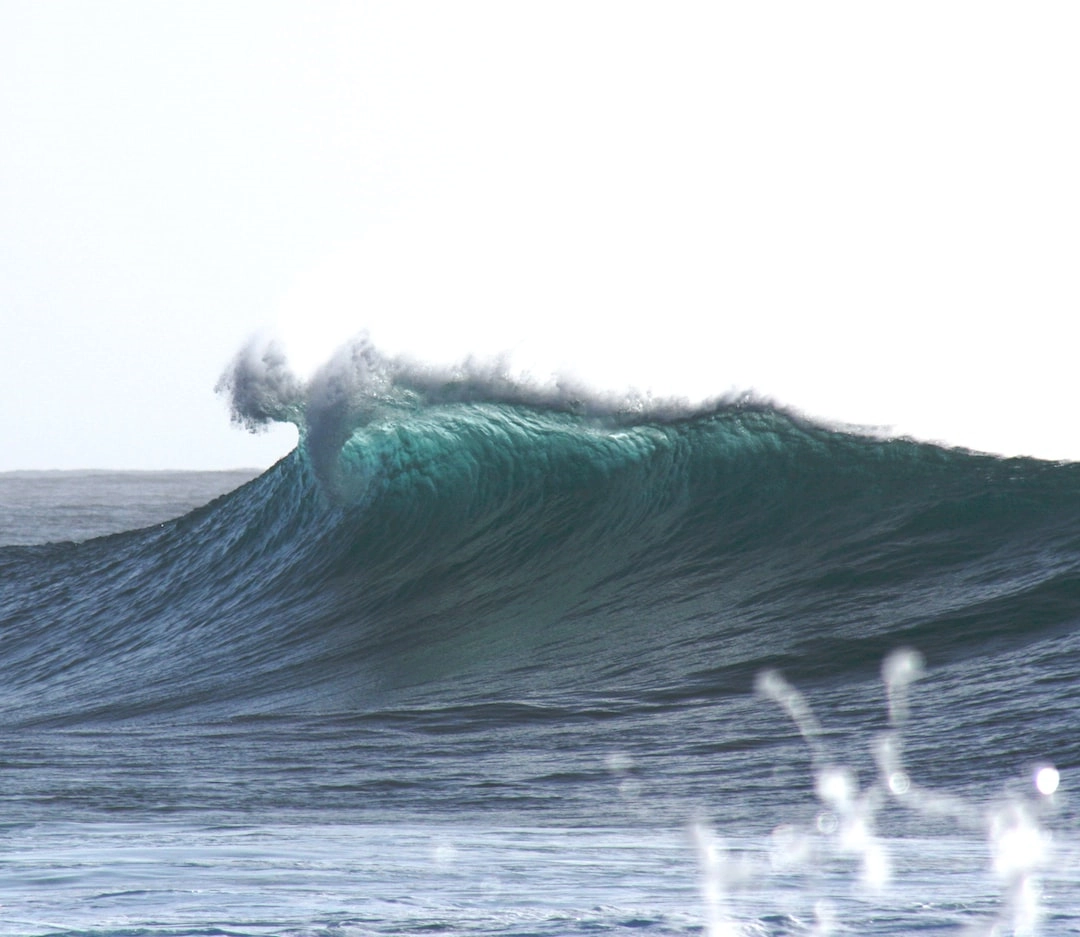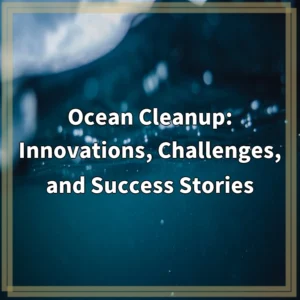What is Ocean Acidification?
Ocean acidification refers to the ongoing decrease in the pH levels of seawater, primarily caused by the absorption of carbon dioxide (CO2) from the atmosphere. This process alters the chemical composition of ocean water, making it more acidic and detrimental to marine life.
Real-World Problems Associated with Ocean Acidification
Ocean acidification poses numerous challenges for marine ecosystems, economies, and human communities. Here are some key problems:
1. Coral Reef Destruction
Ocean acidification jeopardizes the survival of coral reefs, which are vital ecosystems supporting a wide range of marine organisms. As the acidity levels rise, corals struggle to build their calcium carbonate skeletons, leading to their weakening and eventual bleaching, disrupting entire reef ecosystems.
2. Impacts on Shellfish and Marine Life
Shell-forming organisms like oysters, clams, and mussels, as well as some plankton species, face difficulties in building their shells or outer protective coverings in increasingly acidic waters. This hindrance in their growth and survival adversely impacts the food chain and fisheries that depend on such organisms.
3. Disrupted Marine Food Webs
The effects of ocean acidification can ripple through marine food webs. As key species like shellfish and plankton struggle, this can lead to reduced food availability for larger fish, marine mammals, and seabirds, causing disruptions in the ecological balance and reducing biodiversity.
4. Economic Impacts
Coastal communities heavily reliant on fisheries and tourism may suffer economically due to the decline in fish stocks and damage to coral reefs and other marine attractions. Job losses, decreased revenues, and increased food insecurity are among the consequences of ocean acidification.
5. Climate Change Feedback Loop
Ocean acidification amplifies climate change, creating a dangerous feedback loop. As the oceans become more acidic, some organisms like plankton, which help absorb CO2, may decline in abundance, reducing their capacity to mitigate greenhouse gas levels in the atmosphere.
Addressing ocean acidification requires concerted efforts to reduce carbon emissions, improve coastal management, and promote sustainable practices. Understanding the severity of this issue is crucial for developing solutions that can protect marine ecosystems and ensure a sustainable future.

Solutions to Address Ocean Acidification
Addressing ocean acidification requires a comprehensive approach that tackles the root causes and promotes resilience in marine ecosystems. Here are some key solutions:
1. Reduction of Carbon Emissions
Reducing carbon dioxide emissions is the primary solution to combat ocean acidification. Transitioning to cleaner and renewable energy sources, implementing energy efficiency measures, and supporting policies that promote carbon neutrality are crucial steps in reducing the amount of CO2 entering the atmosphere.
2. Enhancing Coastal Management
Effective coastal management practices can help minimize the local stressors that contribute to ocean acidification. Implementing sustainable fishing practices, reducing nutrient pollution from agricultural runoff, and protecting critical habitats like seagrass beds and mangroves can enhance the resilience of marine ecosystems.
3. Protecting Marine Protected Areas
Expanding and better managing marine protected areas (MPAs) can provide safe havens for vulnerable marine species and habitats. These protected areas allow for the regeneration of marine life and help in maintaining biodiversity, preventing further degradation from ocean acidification.
4. Research and Monitoring
Continued research and monitoring are crucial to better understand the impacts of ocean acidification and evaluate the effectiveness of mitigation strategies. Investing in scientific studies and monitoring programs helps inform policy decisions and guides the implementation of targeted solutions.
5. Public Awareness and Education
Raising public awareness about the consequences of ocean acidification is essential in garnering support for conservation efforts. Education initiatives, outreach programs, and communication campaigns can inspire individuals to adopt sustainable practices and advocate for the protection of marine environments.
By implementing these solutions, we can mitigate the impacts of ocean acidification, safeguard marine ecosystems, and work towards creating a more resilient and sustainable future for our oceans.













